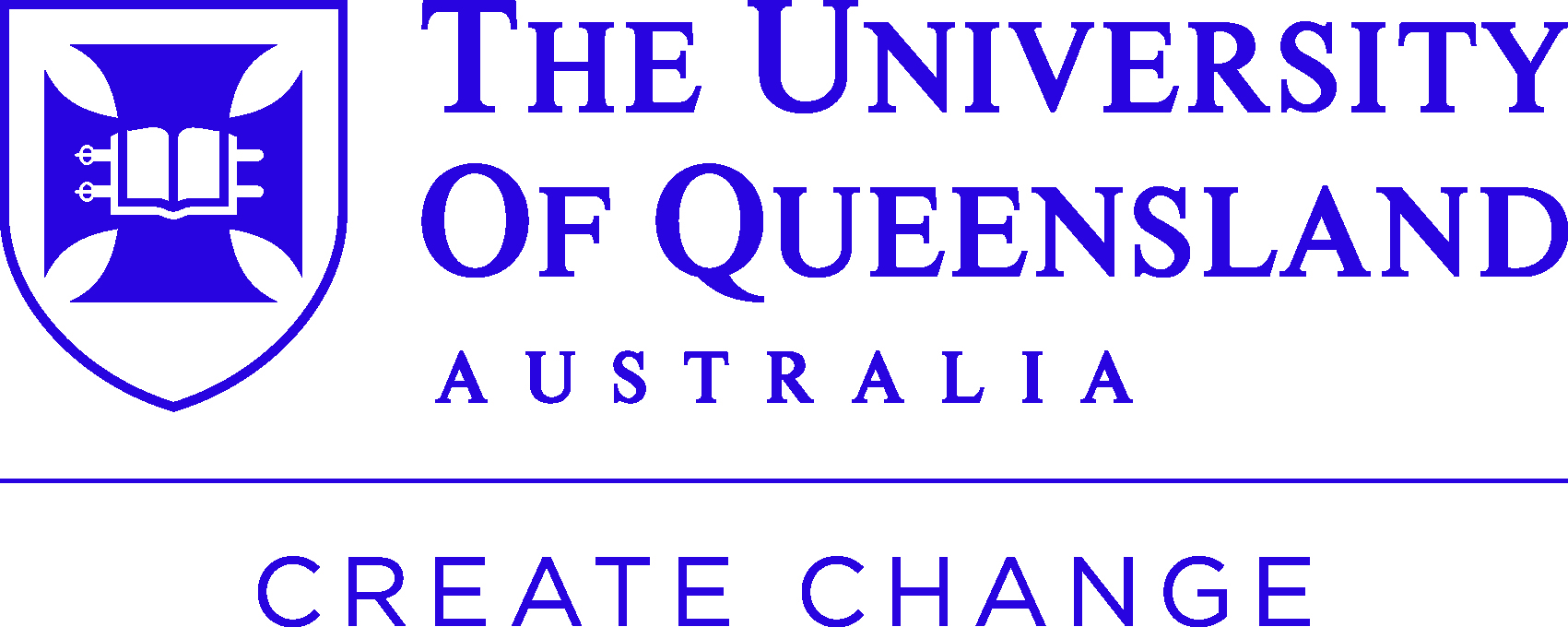Adapting to a VUCA (Volatile, Uncertain, Complex and Ambiguous) environment may feel a little too familiar to you as the world continues to be impacted by COVID-19. As an international student, finding opportunities, hunting for jobs and staying resilient during this chaotic and uncertain time may seem challenging, but there are ways you can ensure you’re effectively navigating the world of employment.
In our recent student webinar, ‘Resilience in the Face of Rejection’, we chatted to Dominic Soh, TEDx speaker and resilience expert, who outlined a range of practical and actionable steps for students seeking work.
Tailor your resume to the job
For a lot of people, putting together a well-written, succinct resume, and then simply copying and pasting that document into every job application, is the way forward when applying for jobs. However, in Dominic’s learned experience, that’s not the best way to go about the process. He sent over 526 job applications using the same resume (also known as ‘resume spamming’) and didn’t land a single job. However, the moment that he started altering the resumes to fit the role advertised, he immediately started receiving interviews and call-backs.
“Recruiters can tell straight away whether a resume is tailored or not,” he says. “Recruiters don’t read resumes, they scan through resumes … for 7 to 10 seconds. If they find out that your resume is not compelling, they’ll most likely put it aside and move on to the next application.” [00:10:10]
When it comes to tailoring your resume to the particular role you’re applying for, Dominic recommends:
- Including certain critical keywords from the industry you’re applying for. For example, if you are seeking a graduate accounting/auditor position, use keywords pertaining to the accounting industry such as tax, invoices, audit, payables and receivables. For someone seeking a data scientist/analyst position, include Python, Microsoft Power BI, Tableau, visualisation – keywords that industry professionals are familiar with.
- Ensuring your work experience is specific and quantifiable. For example, if you have worked in retail, specify what you did, such as serving customers or working on the till. Then, quantify these skills. Comment on how many customers you would serve per day/hour/shift, or how much money you would handle. As Dominic shares, “The more specific [your experience is], the more measurable it is, the more credible it will be.” [00:13:08]
Understand that rejection is normal
Dominic explains that, until a few years ago, job hunting was in the favour of employees and opportunities were everywhere. However, as an international student, it is important to understand that this has changed, and you need to create a resilient mindset.
“It was literally the employees’ market,” he says. “Employers were scrambling and bending over backwards to do whatever they can to attract the best talent. But right now, due to the change of events in the world, the tables have actually turned. It’s the employers’ market, because there’s a shortfall in the number of vacancies and opportunities, and a huge spike in job-seekers and graduates. It’s very competitive. Understand that rejection is normal – it’s part and parcel of life.” [00:19:23]
Dominic encourages you to not take rejection personally, see it in an objective light, and learn from your mistakes or the feedback, which you need to obtain as much as possible. If not, you’ll waste time making the same mistakes again and again.
Practise resilience through setting goals
As shared by Dominic, resilience during tumultuous times needs to be practised. When applying these resilience methods to the job search, it’s all about pushing yourself and setting goals to move forward.
“Resilience has to be applied and practised,” he says. “Resilience 2.0 is actionable resilience. A great example of this is, when you’re going through a very challenging job search period, you need to set stretch goals because you want to continuously challenge and push yourself. For example, if you are comfortable connecting with five industry professionals per week, try to stretch it even further, to 25 or 50. You want to have goals because that will activate your drive and give you something to look forward to.” [00:26:58]
Practise self-care and self-exertion
Feeling overwhelmed during this time is entirely normal, but as explained by Dominic, sometimes a little adversity is needed to build resilience.
“Mindfulness must be seen as two sides of a coin. On one side, it is self-care, whereby you rest, you recover, you meditate, take care of yourself,” he says. “On the other side, which some people don’t mention, is self-exertion. You need to stretch yourself, exercise yourself, step out of your comfort zone and embrace the pain of rejection and adversity, because that’s literally how you build up your muscles.” [00:53:48]
To summarise, Dominic says that if you’re feeling overwhelmed, it’s important to do what you need to do to calm and re-centre yourself, but always ensure you’re moving forward towards your goals.
Ask yourself…
- What does this mean?
- What am I going to do about it?
Dominic encourages students to use these two questions as a ‘guiding light’ or compass through periods of chaos and uncertainty, and to find opportunities.
“Look at [a problem] objectively and think about the implications. When people are in lockdown, it means that they are at home. Then you ask the question – what does this mean? This means they would be spending more time online – what does this mean? Good opportunities for online shopping, learning, food delivery, e-commerce, or remote ways of working.” [00:29:35]
By breaking down the problem and seeing through the ‘layers’, you can get down to the core, where you start to find opportunities. This will force you to be practical and constructive.
Finally, the ‘what am I going to do about it?’ question will then allow you to consider resources you can use, skills you can develop, or people you can connect with, so you can emerge from the uncertainty as a more resilient person.






